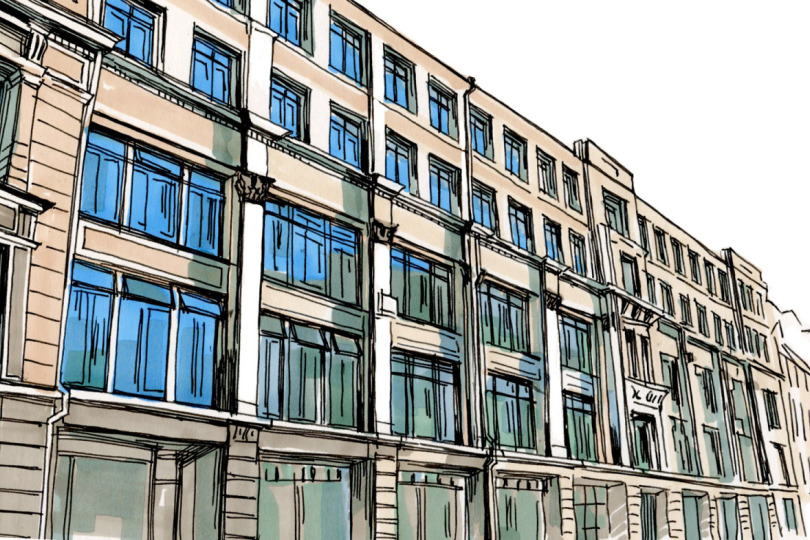
HSE Moves Closer to the City Centre
This year, many students and staff of HSE in Moscow will change the location of their study and work. Instead of some sites in districts on the outskirts of the sity, the university is using buildings in the centre. In addition to that, faculty departments which are now scattered in various parts of the city will move closer to each other. This will allow lecturers and students to spend less time commuting.
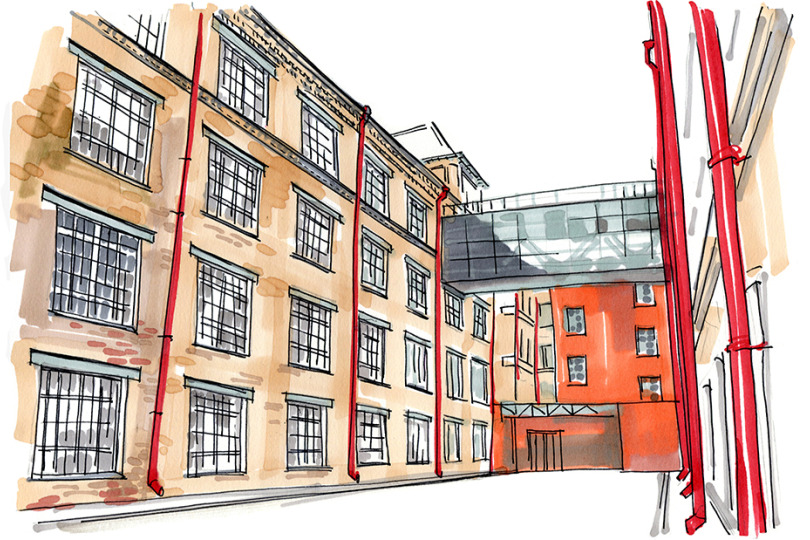
HSE. Cornerstone: 3 Kantemirovskaya, Saint Petersburg
In September 2015, after undergoing a major overhaul, part of the HSE St. Petersburg campus opened at 3 Kantemirovskaya St., Building 1A, becoming the home of the School of Economics and Management. This building was previously the location of a weaving mill that had had several names and owners over its more than 100-year history.
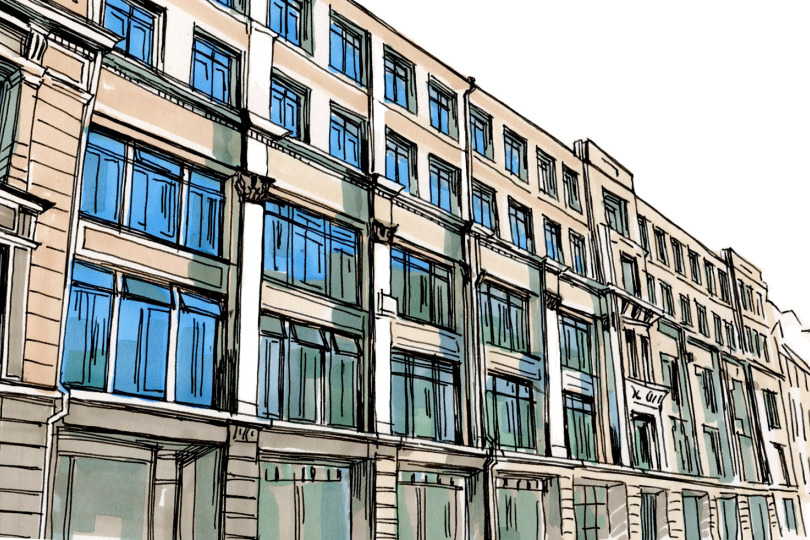
Around HSE
HSE invites you on a virtual tour of Moscow. We’ve put all the HSE Cornerstone articles together and made a map of places worth seeing in the neighbourhoods around the university buildings.
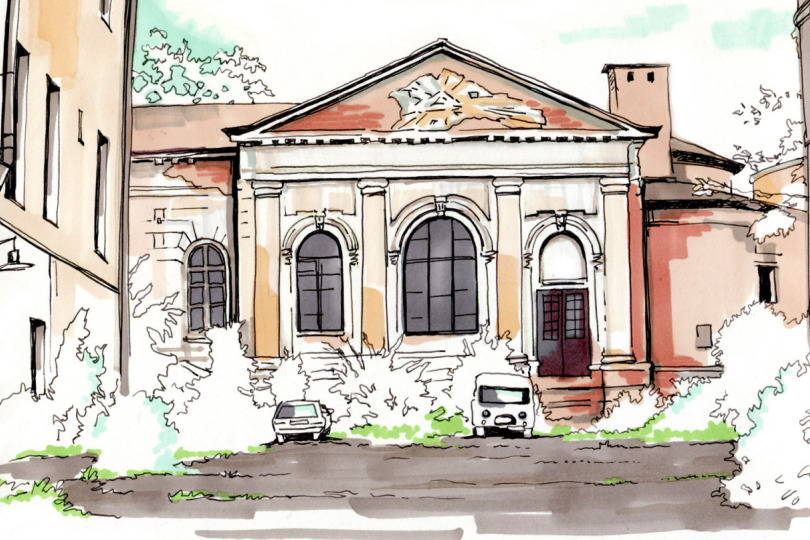
HSE. Cornerstone: 10th line of Vasilyevsky Island, Building 3/30
The building that used to house St. Petersburg's Patriotic Institute has held its status as an educational establishment for more than 200 years. The campus was placed under the operational control of the St. Petersburg Higher School of Economics in 2006.
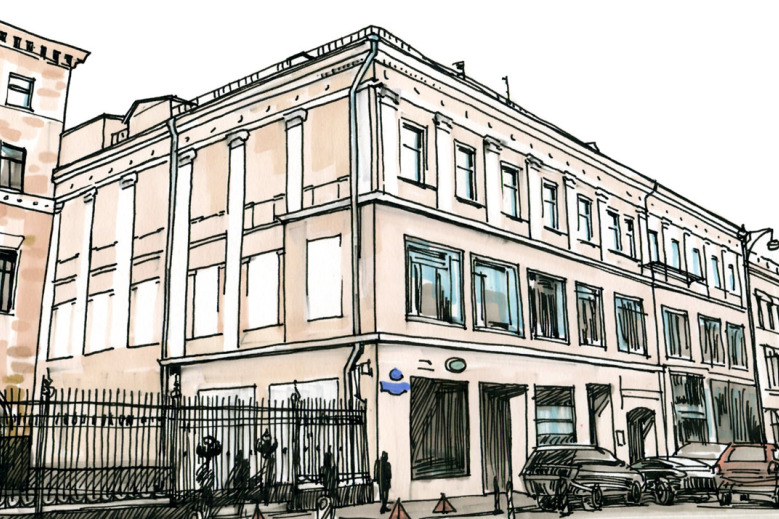
HSE. Cornerstone: Petrovka 12, Building 1
During the years of Lenin's New Economic Policy (NEP), this building housed Moscow's most fashionable institution, The Centre for the Development of the New Soviet Attire. The vast window displays were populated by mannequins in dresses, and fashion shows drew people from all segments of society: members of the Party elite, 'NEP-men' and their wives, and ‘heroes of industry’.
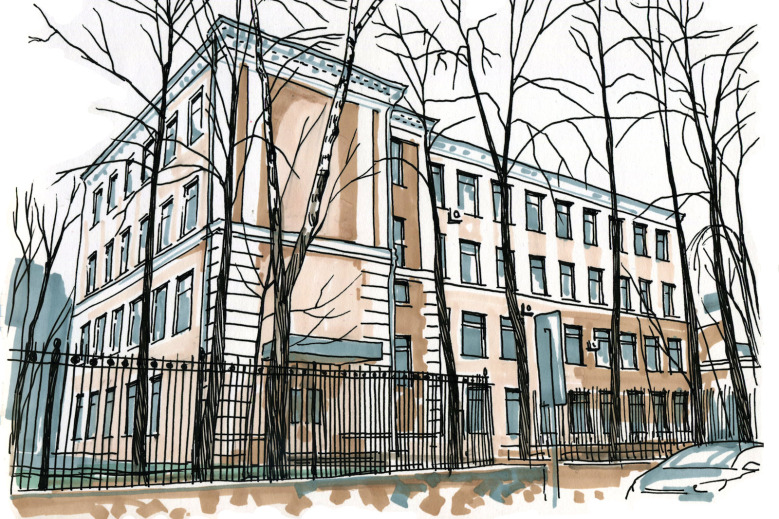
HSE.Cornerstone: 4 Maly Gnezdnikovsky Pereulok
The series of descriptions of historic buildings in Moscow owned by HSE concludes with this account of what was once School Number 135 in Maly Gnezdnikovsky Pereulok. This was considered an exemplary institution, and the finest teachers in the region taught there. Of course, the schoolchildren’s behavior was not always exemplary – and one incident even forced the Headmaster to resign.

HSE. Cornerstone: 40 Myasnitskaya
The lives of postal workers in the 19th century were hard, as were their duties. They didn’t get paid enough to live, and they didn’t get any weekends or holidays, or even lunch breaks. Why is this relevant to HSE? Because this building used to belong to the postal service.
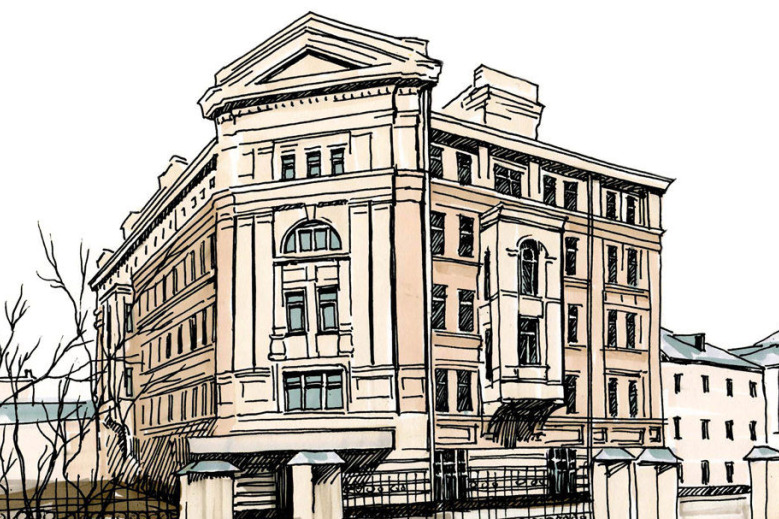
HSE. Cornerstone: Milyutinsky Pereulok, 13, Building 1
The guesthouse with shops on the corner of Sretensky Pereulok and Milyutinsky Pereulok was built in 1900 by the architect Vladimir Sherwood. In Soviet times, the building housed a medical clinic for the district, which was soon replaced by an Intourist office. This organization had a large fleet of tourist buses, its own staff of guides and interpreters, and a chain of hotels. During the Moscow Olympics in 1980, Intourist was the main organization servicing foreign visitors. Intourist in fact received millions of visitors during the Soviet era.
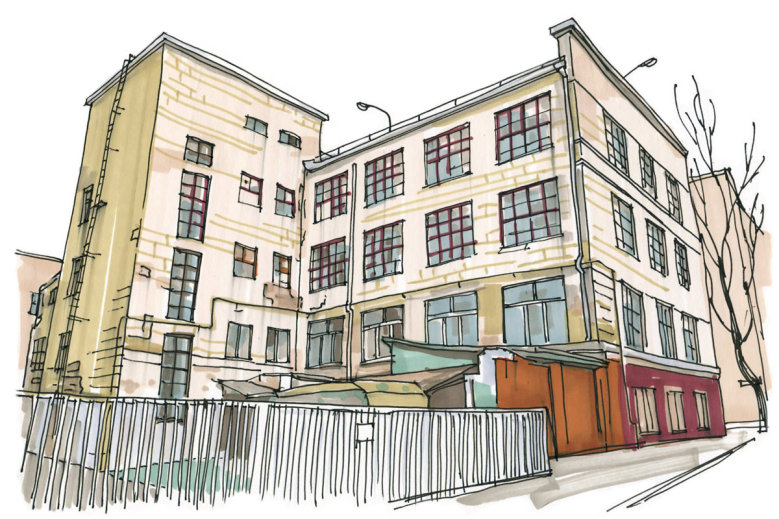
HSE.Cornerstone: Izmailovo Complex
For several hundred years Izmailovo Manor belonged to the imperial court. Russian tsars and their attendants hunted in the surrounding groves, and the area received the official status of the Moscow region after the revolution. Eventually factories and workers' settlements would be erected in place of the area’s trees and swamps. One of these factories was not like the others; it produced not machines or equipment, but answers to a number of questions.

HSE.Cornerstone: 17 Malaya Ordynka
In the 1950s, a golden candlestick was found in the ventilation system in one of the rooms of this building – a reminder of the fact that it was initially a jewellery factory. During the Soviet era, the building housed a leather and footwear training school, dormitory and a continuing education institute for engineering and technical personnel.

